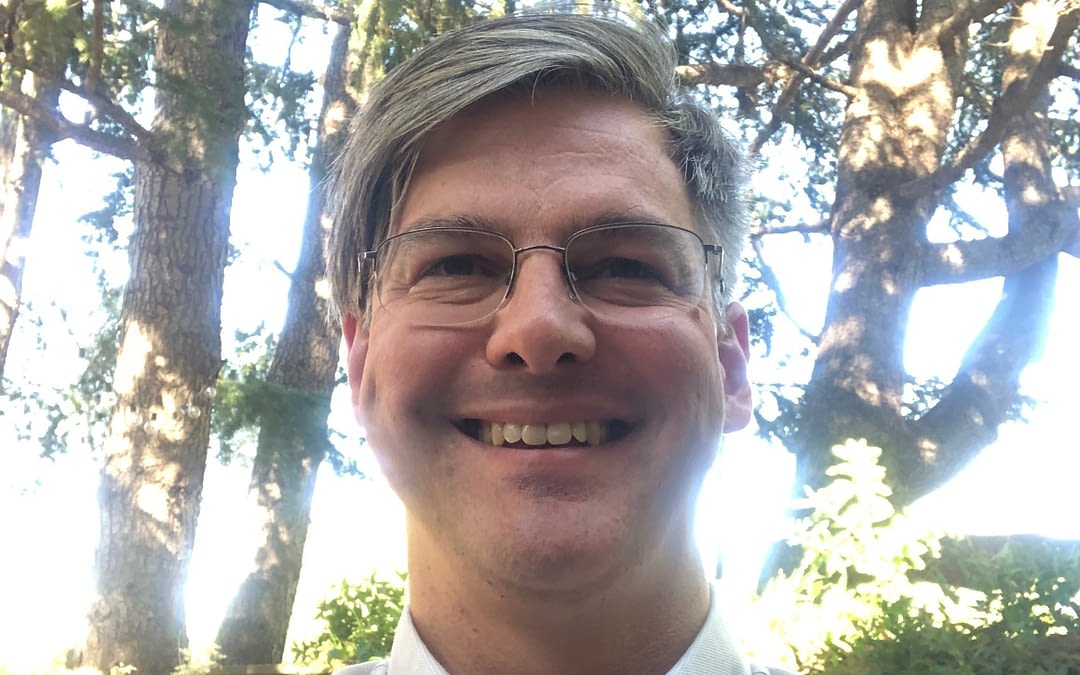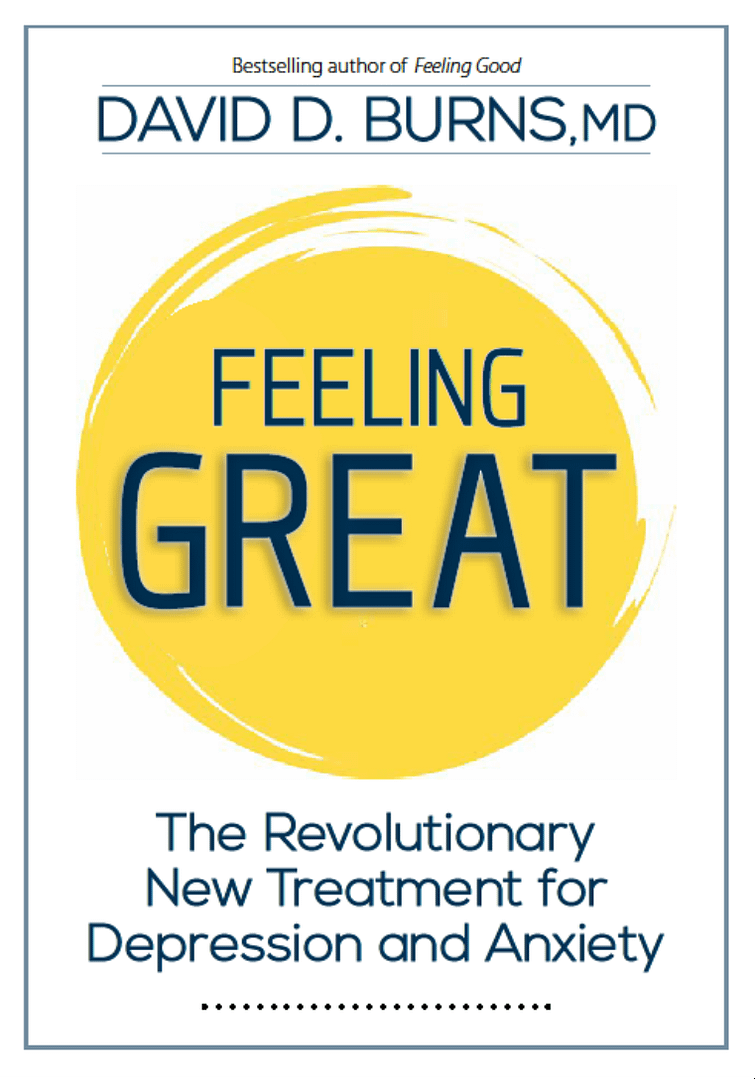Podcast 258: Doctor, I know you’re secretly sexually attracted to me! / How to Agree with Criticisms that are Just Plain Wrong!
Today’s podcast features the incredibly brilliant and kindly Dr. Matthew May, who has become a semi-regular on the Feeling Good Podcast. Our show was the result of an email from Ana Teresa Silva, who is running a new and totally free weekly practice group for the Five Secrets of Effective Communication. If you want to learn those invaluable techniques, contact her immediately before they fill up at ana silva ateresasilva6@gmail.com.
Her question had to do with the incredibly important Disarming Technique, which means finding the truth in a criticism, even when the criticism seems absolutely incorrect. I’ve posted her letter and my response at the end of these show notes.
Today we tackled two kinds of incredibly difficult attacks, with lots of role-playing and (hopefully) useful feedback and teaching. One was the one listed in Ana’s email, where you are accused of stealing money, but you didn’t actually steal any money. So how can you agree with that?
The other was perhaps even harder—what do you do when a patient accuses you of being sexually and secretly attracted to him / her?
Matt, Rhonda and David illustrate a variety of strategies for responding with the Disarming Technique as well as the rest of the Five Secrets. The role-playing is challenging and immensely interesting!
David emphasizes that if you want to learn the Five Secrets, three things are mandatory:
- An intense desire to learn.
- Humility.
- Tons of practice.
David also emphasized the intense resistance nearly all humans have to all three components of EAR:
- E = Empathy
- A = Assertiveness
- R = Respect.
I have attached a document listening 12 GOOD Reasons NOT to Listen, Not to Share Your Feelings, and NOT to treat the other person with respect.
If you want to master the Five Secrets, my book, Feeling Good Together, will be an invaluable resource. If you read it, you MUST do the written exercises while reading to get any deep understanding of this approach. Simply reading will not “do it!”
I want to thank Dr. May once again for hanging out with us today. In our next podcast with Dr. May, he will describe his work with a young professional woman who loved fly fishing but had an intense fear of leeches. Make sure you tune in, it will be extremely interesting, and his patient will join us, too!
If you want to contact Dr. May, you can reach him at:
Here’s Ana’s email:
Hi, David.
Hope you are recovering well!!
I got stuck with the Disarming Technique.
Last week, in the Five Secret Practice Group meeting, something came up and I didn`t know how to answer. How do we “disarm” someone who blames us for a very specific behaviour that is not true? For example:
“Why did you steal my money from the drawer?”
I thought we could try to find some truth in the attack noticing some reasons why the person could be mad at us or doesn`t trust us, or maybe we could ask if we did something to offend or upset her, but, at some point, we have to say that we didn’t steal the money, right? And we`ll be defending ourselves.
Can you help me with this?
Thank you! I appreciate it.
ana silva <ateresasilva6@gmail.com>
Ana
Here’s my response:
Hi Ana,
We’ll do some practice on this on today’s show. You might say,
“I’m afraid I’ll have to plead guilty to your criticism. Although I didn’t and would never steal money from you, I clearly have done a terrible job of winning your trust and providing genuine warmth and support.
“It’s painful for me to hear how I’ve failed, and I feel ashamed, especially since I like you so much and value our friendship. I wouldn’t be surprised if you’re feeling angry, frustrated, and disappointed, and perhaps alone, too, and perhaps even anxious.
“Can you tell me more about what happened, and how you feel, and all the ways I’ve let you down and come across as untrustworthy?”
This is just a try, and the details will be different depending on who the person is and what the situation is.
Hope this helps!
Also, Podcast 161 might also be helpful. It’s all about “hearing the music behind the words” (https://feelinggood.com/2019/10/07/161-listening-to-a-different-kind-of-music/)
david
Rhonda, Matt, and David (without Dr. Rutherford Knows)
Rhonda and I are convinced that Dr. May is one of the greatest therapists on the planet earth. If you have a question or would like to contact Dr. May, please check out his website at: (www.matthewmaymd.com)
Dr. Rhonda Barovsky practices in Walnut Creek, California, but due to Covid-19 restrictions is working via Zoom, and can be reached at rhonda@feelinggreattherapycenter.com. She is a Level 4 Certified TEAM-CBT therapist and trainer and specializes in the treatment of trauma, anxiety, depression, and relationship problems. Check out her new website: www.feelinggreattherapycenter.com.
You can reach Dr. Burns at david@feelinggood.com.
This is the cover of my new book, Feeling Great.
It’s on sale right now on Amazon, and it’s ridiculously cheap!
The kindle and audio versions are available now too! Check it out!



